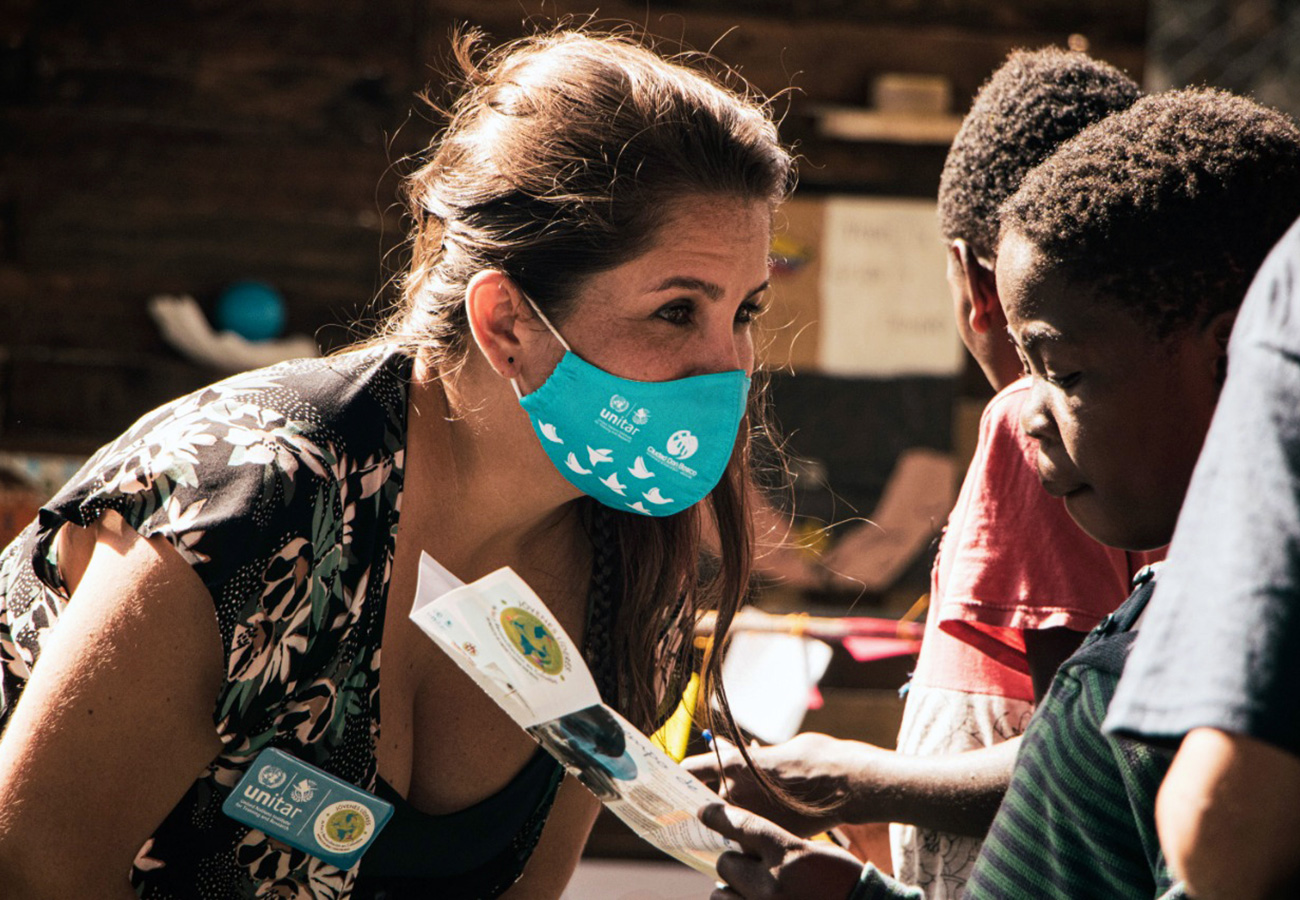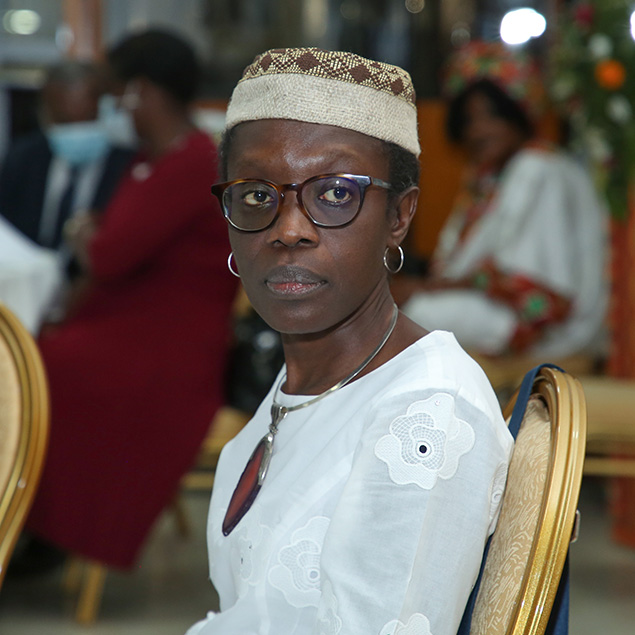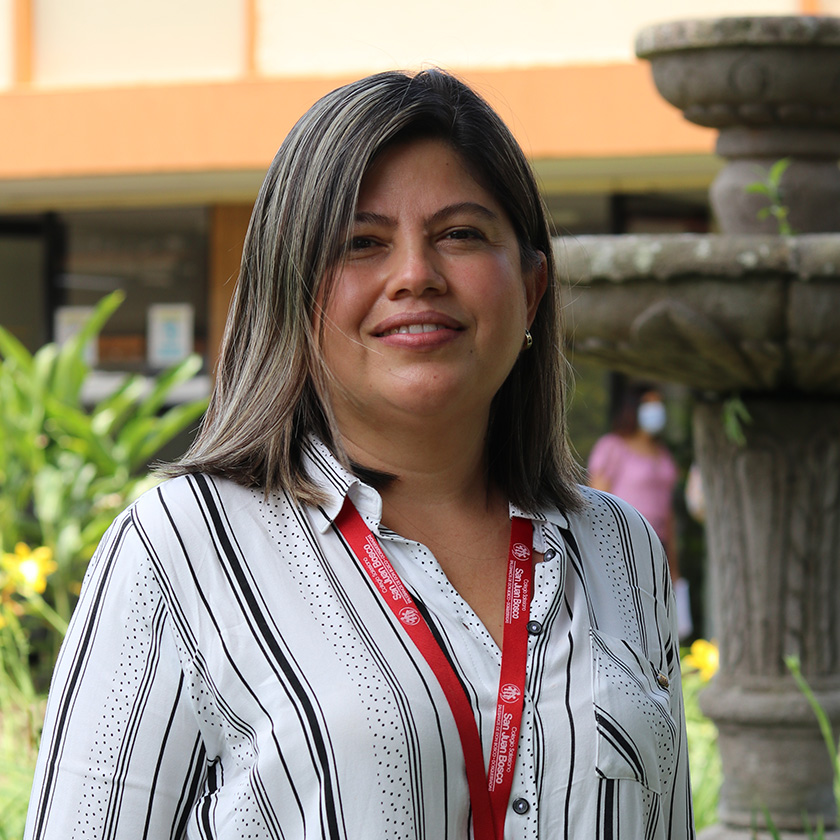

Peace
Promote peaceful, just, and inclusive societies.
Support institutions and individuals to contribute meaningfully to sustainable peace.
-
320
Events
-
27,544
Total beneficiaries
-
307
Learning events
-
27,070
Learners
-
19,060
Certificates
Key SDG alignment

Highlights
High-level engagement with Members States, regional organizations and the United Nations was strengthened through the planning and facilitation of two high-level events. The first high-level event engaged the Special and Personal Representatives and Envoys of the UN Secretary-General and another brought together the out-going, sitting and in-coming African members of the UN Security Council, together with the Chair of the Peace and Security Council of the African Union and senior African Union Commission officials, for an exchange on silencing the guns in Africa, creating conducive conditions for the development of the continent, and addressing the situation of children in armed conflict.
41 senior and mid-level diplomats, regional organization representatives, and UN Headquarters and peace mission staff from around the world were trained in conflict analysis, negotiation, mediation and reconciliation through the annual international flagship Fellowship Programme in Peacemaking and Preventive Diplomacy.
2,815 military personnel from eight African troop contributing countries were trained prior to their deployment to UN peace operations. The training allowed UN peacekeepers (women and men) to operate securely in increasingly complex and high-risk environments, thereby improving the effectiveness and coherence of peace operations.
In addition to military, 264 Formed Police Units (FPUs) trainers, including women trainers from West Africa, and 444 members of FPUs were trained prior to their deployment to the United Nations Multidimensional Integrated Stabilization Mission in Mali in order to better support stabilization and create conducive conditions for sustainable peace.
5,500 youth, youth counterparts, families and community members from a total of 58 communities in Colombia were effectively engaged in strengthening community-based reintegration processes and conflict resolution mechanisms.
Additionally, 67 Master Trainers were prepared to facilitate a three-stage multiplication process, which ensured the long-term sustainability and ownership of the new capacities and tools.
The project fostered the recognition of youth as agents of positive change and contributed to the ongoing peace and reconciliation process in Colombia. An independent evaluation observed changes at individual level and to some extent within organizations, schools and families to contribute to positive conflict transformation, youth agency and local reconciliation.
Over 500 humanitarian actors from more than 30 UN agencies, NGOs, private sector organizations and research institutions attended 5 knowledge-exchange webinars and 9 multi-stakeholder workshops on sustainable energy in displacement settings, hosted by the Global Plan of Action.
Strengthened the capacities of 31 senior and mid-level diplomats from African Member States, representatives from Offices of Presidents, regional and sub-regional organization officials, and staff of UN and AU peace missions in the Francophone Africa through the conduct of an intensive face-to-face regional training programmes in conflict prevention, negotiation, mediation and reconciliation in French language.



“The diversity of the participants was very important because it allowed different assessments to be made of the same situation, to put my own assessment in perspective, and to open new horizons.”
Falmata Liman
Senegal

“People are used to trainings in which one arrives with a notebook and a pencil, sits down and takes notes, but the training offered by UNITAR was quite experiential. The facilitators shared their experiences with us and helped us build trust. This inspired us to share our own story and experiences without fear judgment.”

